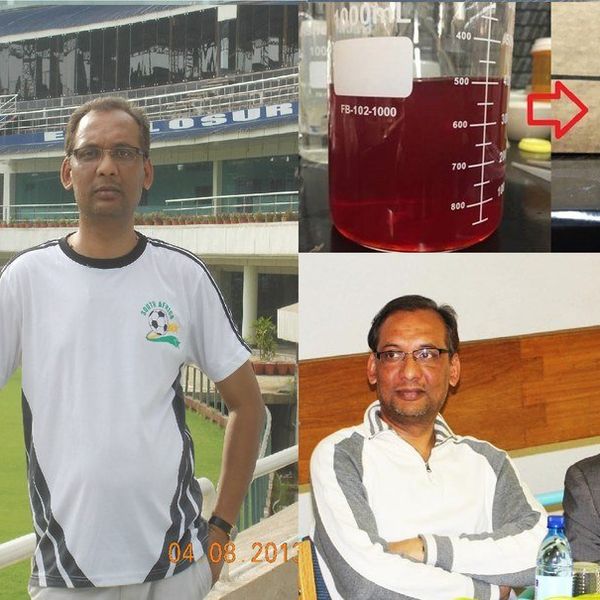Ever since I was a little girl, whenever I was asked the question of "What do you want to be when you grow up?" I always knew one thing: I wanted to work with children. Although my intended career has changed a few times throughout my schooling, I always knew I wanted to work in a place where I could help kids. My senior year of high school I took a psychology class and I knew after the first week or so of it that I knew what I wanted to do for the rest of my life. That moment is when I decided that I would major in psychology, and knew that a career in child and adolescent counseling psychology was what I meant to do. The more time that passed by, the more I began to focus on the demographic I wished to work with, and I decided I wanted to work with autistic children because of how their mental health is often ignored due to their disorder. But over the past few months I have realized that I want to work with all children who are considered "special needs." Throughout my year with the kids I work with, I have met many who have touched my heart, and those with special needs have played the largest role in my new decision.
When people hear the term special needs, their first thought is those who have severe cases of autism or down syndrome. They often forget that many other diseases and disorders can be classified into this category. Special needs is defined as "the individual requirements (as for education) of a person with a disadvantaged background or a mental, emotional or physical disability or a high risk of developing one," according to Meridian Webster. Although these students often require the greatest assistance, we must not forget about those who have what I call a "hidden disorder." They remain the ones that struggle in the background, those that struggle with ADHD, dyslexia and Asperger's, as well as many other disabilities and disorders that we do not think twice about. They are the souls that we may not notice struggling, they are the ones putting in all of their effort to only fall short of their achievements and they are the ones who are treated differently but cannot grasp why.
They are the ones who will come home crying because they are unable to understand why the other kids in their class made fun of them. They are the ones who are broken to the core because they are unable to make friends the same way that everyone else is. They will question why they are different, and they will begin to feel that they are not good enough. How does one begin to explain to a 5- or 6-year-old child that they have a disorder or disability and have them understand what that means? These are the children that one will look at and not see any difference between them and all of their classmates. Therefore, their disorder may cause those around them to think that they are lazy, unmotivated or just a strange or problem child.
We must learn to not only educate the next generation, but be mindful of ourselves. We all can think of a time in which we may have made fun of someone for the way they act, something they may say or if they struggle with a task that we deem as simple. We must reflect on this and wonder if there is a deeper reasoning, we must place ourselves in their shoes. If a child has ADHD, do not force them to sit and be quiet -- they may not be able to. Let them express themselves within a given boundary. Give them activities that keep their body as well as their mind moving. If a child has dyslexia, be patient with them and guide them as they struggle to read books that the other children whiz through. If a child has Asperger's, do not force them to look you in the eye when they speak. Do not take this as a sign of disrespect and punish them, understand that they do not understand the same social guidelines that our society has set. If any of these children become inappropriate at times, it must be understood that the same punishment cannot always be given. Some children may say things that they shouldn't to receive a reaction, but sometimes those with special needs are unaware of their actions and do not understand the effect that they will produce, especially those with Asperger's. Be gentle with these children because they are trying their hardest to make you happy.
We must understand the characteristics of all special needs if we are an educator, and even if we are not, it is important to know these characteristics in order to help these children in any way that we can. Even though those with special needs may be different than us, we should still embrace them with as much love and compassion as we can, because these souls are often some of the most beautiful on this Earth. At some point in everyone's life we hear the expression, "Do not judge a book by its cover," and once we break past the barriers set by these needs, we would truly uncover an amazing person waiting for someone that they can open up to and be themselves.





















